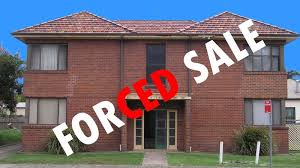
(FinancialAdvisor.com) Several factors currently at play, including Finra regs may contribute to a substantial sell-off of small broker-dealers in the near future, which in turn will drive down what advisors can command in signing bonuses, ThinkAdvisor writes.
Existing Finra regulation already makes it difficult to remain profitable without scaling up, according to the web publication, with brokers complaining about the resources they must commit to meet all the requirements for disclosure, record-keeping and reporting.
LPL Financial, which has been in the regulator’s crosshairs over the past few years, should be a warning story to smaller firms, according to ThinkAdvisor. Furthermore, the upcoming fiduciary rule implementation by the Department of Labor will dampen profitability still further by placing restrictions on product choices and imposing labor-intensive requirements on disclosure in retirement accounts, while increasing competition from robo-advisors will continue the downward push on fees, the publication writes.
The website suggests the “tipping point” for broker-dealers to stay profitable may soon move to those with $25 million in revenue and higher from the current $10 million in revenue.
The strong dollar is also making it attractive for foreign owners to sell off their broker-dealers, including AXA Advisors, Jackson National and Allianz, ThinkAdvisor writes. In addition, insurance companies such as ING, MetLife, Nationwide and Transamerica have been selling off independent units while favoring those that sell proprietary products, while wirehouses are seeking 15% returns on their broker-dealers. The only potential buyers out there are larger broker-dealers and private-equity firms, the web publication writes.
What this flood of broker-dealer sales means for advisors could be much lower sign-up packages: rather than the 200% trailing revenue witnessed earlier in 2015, bonuses are likely to come back down toward the 30% to 40% of trailing revenue seen earlier in the 2000s, according to ThinkAdvisor.
For the full article, please click here
